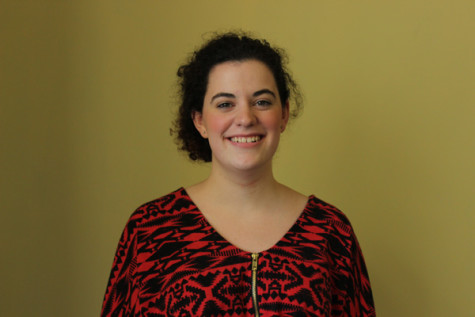Some freshmen puzzled over emails received last month from unfamiliar senders with an unclear purpose. Students enrolled in the Real World Action Programs were contacted by their Real World success coaches, and many did not know why.
Freshman Michael Pischke received an email from who was, at the time, a stranger.
“It was just a random email,” he said.
Real World Action Program Director Sherri Rae said the coaches-faculty and staff members-are to guide students through the program. Coaches are supposed to design a timeline with their students for completing the program’s criteria.
They also inform their students of different ways to fulfill each criterion, she said. Coaches give students warning of upcoming events like speakers and volunteer opportunities.
Success coach and academic counselor Nicole Bukosky said she considers informing her students of events to be more important than just completing a program.
“The hope is that students will begin taking advantage of opportunities to further develop personally, socially and professionally,” Bukosky said.
Bukosky said Rae asked campus officials to be coaches. Rae said each coach is assigned 15 to 35 students on a mostly random basis.
Bukosky said she contacts her students through email, appointments, or after her classes, depending on the students’ preference.
Not all students have been in contact with their coach. Freshman Domenic Didomenico read the email from his coach, but never responded.
“I didn’t think it was important,” he said.
He said he does not see a specific benefit to meeting with his coach, but that he may eventually.
“At some point, it might come in handy to at least meet them,” he said.
Didomenico has not spoken with his coach, but Pischke has.
Pischke responded to his coach’s email, and has since spoken with her on the phone.
“(She is) someone I can go to if I need something on campus,” he said. “(She is) someone I can talk to.”
Bukosky said she finds helping students, like Pischke’s coach helps him, to be a lucrative endeavor.
“I truly believe in pushing students to tap into their potential as leaders,” she said.
Bukosky said she considers most of her coaching successful, but she sees room for improvement.
“I would like to see my students take advantage of more opportunities, and to really take ownership of their experience with the program,” she said, though she said thinks it will improve.
“I am optimistic that, in the upcoming semesters, I will begin to see students really shine within the program and begin to realize just how valuable (the program) is,” she said.

